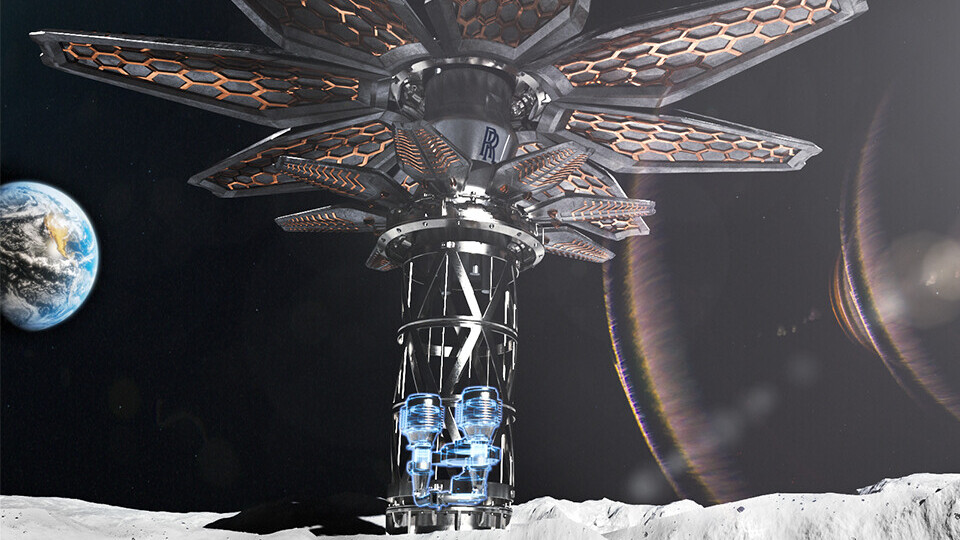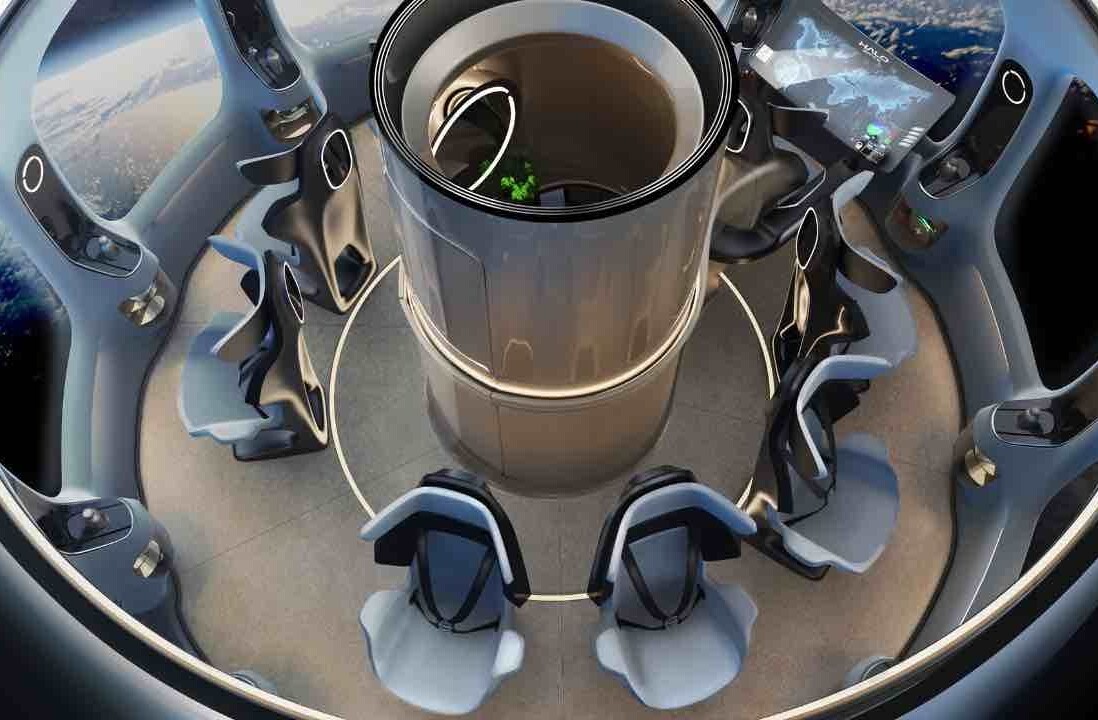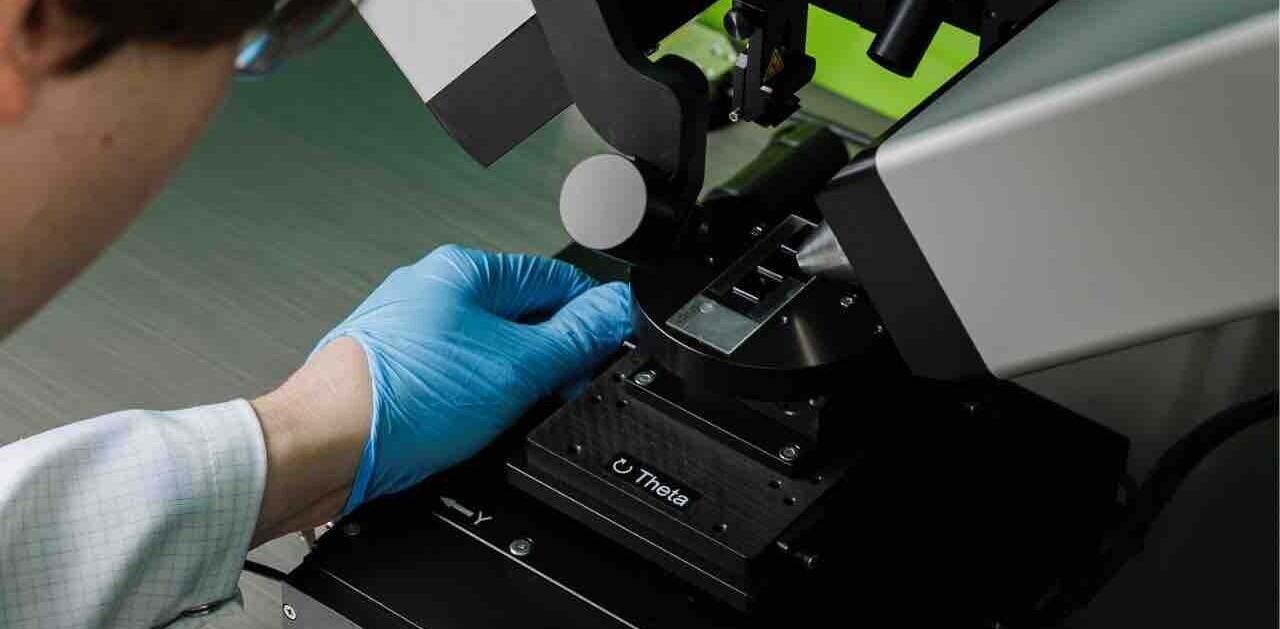
Future astronauts living and working on the Moon will require robust technologies that store and deliver continuous, reliable energy.
But with no wind, no combustible fuels, no water (as far as we know), and two weeks of darkness at a time —the Moon isn’t exactly the best place to set up a solar or wind farm.
British aerospace company Rolls-Royce believes it has a solution to this conundrum: nuclear micro-reactors.
The UK Space Agency (UKSA) seems to agree. It announced last week £2.9m of funding for Rolls-Royce’s lunar micro-reactor project. This follows a £249,000 study funded by the agency last year.
With the fresh funds, the company hopes to have a modular micro-reactor demonstration model ready to deliver to the Moon by 2029.
“All space missions depend on a power source, to support systems for communications, life-support and science experiments,” said the UK Space Agency in a press release on Friday.
“Solar power would seem an obvious choice but the Moon’s rotation results in a two-week day followed by a fortnight of darkness or night time,” Dhara Patel, space expert at the National Space Centre in Leicester, England, told CNBC.
A nuclear reactor, on the other hand, could enable “continuous power regardless of location, available sunlight, and other environmental conditions,” said the UKSA. This could “dramatically increase” the duration of future lunar missions and their scientific value, and provide a source of always-on, clean power, it added.
Scientists and engineers at Rolls-Royce will collaborate with a number of organisations to deliver the demonstrator, including the University of Oxford, the University of Sheffield’s Advanced Manufacturing Research Centre (AMRC) and Nuclear AMRC.
The project is part of Rolls-Royce’s £500m small modular reactor (SMR) programme, which received £210m in government backing last year, and aims to build, scale, and rollout the technology across the UK, and beyond.
These reactors would be compact, modular and factory-built, producing far less energy than typical nuclear plants but at a fraction of the cost, proponents say.
“Space exploration is the ultimate laboratory for technologies we need on Earth.
Rolls-Royce expects to complete its first Earth-based unit in the early 2030s and build up to ten by 2035, with four potential sites in the UK already earmarked. Once up and running, each reactor is expected to produce more than 400 megawatts of electricity, enough to power at least 400,000 homes.
However, commercial viability is still a long way off. SMRs are not cheap to build and, with material and energy prices spiking, licensed SMR manufacturers are struggling to keep their projects on budget. Earlier this month, Rolls-Royce stated that its current programme funding will run out by the end of 2024, and requested negotiations with the UK government to find fresh investment, Reuters reported.
Last week, the firm was thrown a lifeline when British finance minister Jeremy Hunt announced the launch of a competition to boost investment in SMRs, and funding if the technology proved viable.
While the details of the competition have yet to be revealed, it is thought that about six companies or consortiums will submit bids. The race is likely to pit Rolls-Royce, currently the UK’s frontrunner, against contenders such as London-based startup Newcleo, which recently announced plans to raise €1bn to deploy SMRs across the UK, and TerraPower, an American startup backed by Bill Gates that is developing a class of ‘travelling wave reactors.’
While the competition is a step in the right direction, it is still a long shot from the hard cash Rolls-Royce needs to meet its targets. But perhaps the Moon will prove to be an ideal testbed for the scaling of micro-reactors closer to home, and the backing from the UKSA, a springboard to maturation of the technology.
As George Freeman, Minister of State at the Department of Science, Innovation and Technology, highlights: “space exploration is the ultimate laboratory for so many of the transformational technologies we need on Earth.”
The UKSA recently made £51m available for UK companies to develop communication and navigation services for missions to the Moon, to allow future astronauts and equipment to communicate, share large amounts of data, and navigate safely across the lunar surface. All these technologies will need a power source, and nuclear energy could hold the key.
Get the TNW newsletter
Get the most important tech news in your inbox each week.




